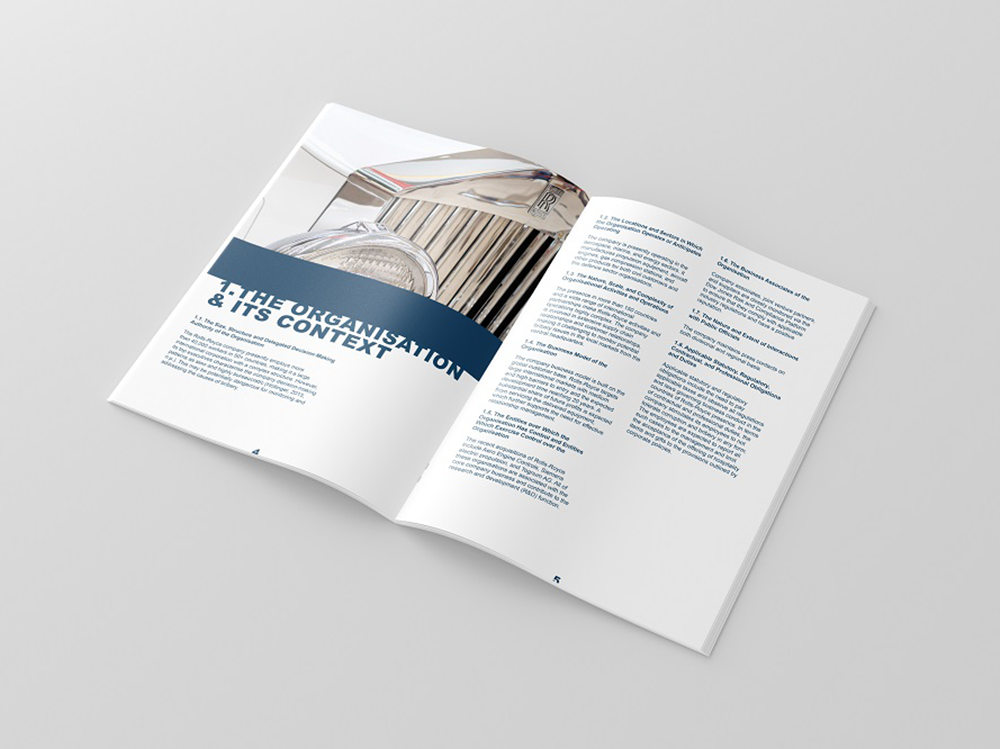Business objectives can only be achieved if risks are managed effectively
– implementing Anti-bribery & Anti-corruption policies help any business maximise returns while managing reputation.
There are some critical questions being posed to business leaders today: Has your organisation implemented reasonable and proportionate measures to prevent bribery? How will you know if your anti-bribery and anti-corruption controls are adequate? Are you aware of the latest best practices in preventing corruption? In short, are you ready for ISO 37001?
This report analyses the performance of Rolls-Royce in terms of anti-bribery and anti-corruption policies within the scope of the ISO 37001 provisions. This organisation has been involved in several large-scale investigations in recent years, which makes it especially interesting to explore how it has changed its policies in this sphere to address the identified deficiencies. The findings indicate that Rolls-Royce has addressed these problems by cooperating with a globally recognised external auditor, revising its corporate policies, and implementing additional employee training. In terms of risks, the scope of company operations presumes high degrees of risk since it operates in 150 countries and experiences severe rivalry in the defence contracts industry, the energy sector, and the aerospace industry.
The presently utilised measures imply an efficient system of internal reporting and the supervision of financial processes performed by several departments, which provides for a right level of transparency. However, the effectiveness of the REACH monitoring programme may depend on the availability of corporate resources since the legal team, the governance team, and the export team have to supervise all potentially fraudulent operations in multiple countries. This suggests the need to prioritise the contexts characterised by high corruption levels.
Download your FREE “Rolls-Royce Case Study & ABAC Policies: Lessons Learned” ebook here!


